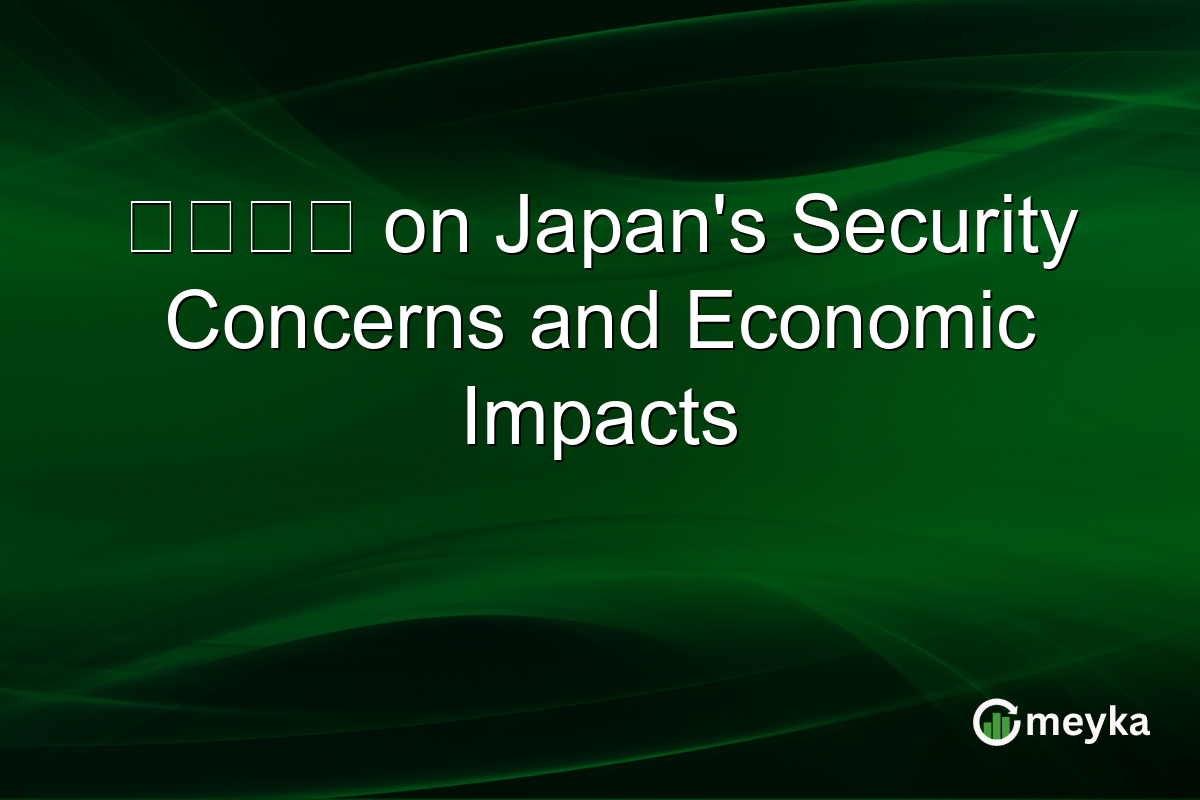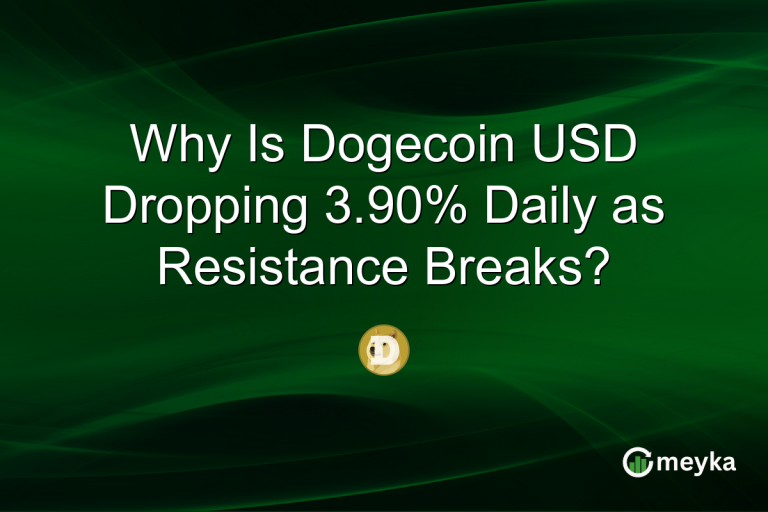岡田克也 on Japan’s Security Concerns and Economic Impacts
Japan faces heightened security concerns amid growing regional tensions, especially in the context of ‘存立危機事態,’ meaning a crisis endangering national survival. 岡田克也, a prominent Japanese politician, has voiced concerns about these developments. This situation not only affects Japan’s security policies but also has notable economic implications. Understanding these shifts is crucial for grasping how Japan might navigate its international relations and economic strategies moving forward.
Continue Reading on Meyka
This article is available in full on our main platform. Get access to complete analysis, stock insights, and more.
Read Full Article →





